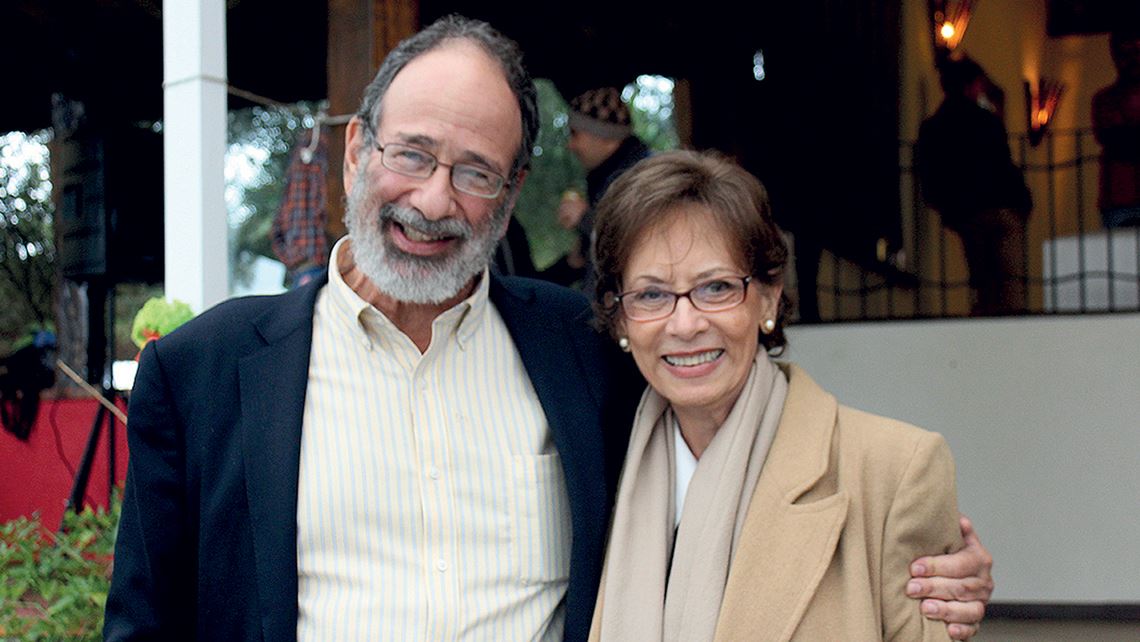A chain of emails originating from U. Chicago brings the news that Hugo Sonnenschein has died.
Along with his many accomplishments as an economic theorist and then as a university administrator, he was a mentor to many, both formally and informally.
Among the famous economists whose dissertations he supervised (taken from Wikipedia) are John Roberts, Salvador Barbera, Dilip Abreu, Faruk Gul, Matt Jackson, Vijay Krishna, and Phil Reny.
Here's the list of Hugo's students from the Mathematics Genealogy Project: Abreu, Dilip; Barbera, Salvador; Cho, In-Koo; Dudey, Marc; Fang, Ryan; Fiaccadori, Marco; Gul, Faruk; Krishna, Vijay; Mailath, George; Mardones, Felipe; McLennan, Andrew; Nava, Francesco; Novshek, William; Pearce, David; Reny, Philip; Resende, Jose; Roberts, Donald; Santamaria, Martin; Simon, Leo; Sontheimer, Kevin; Spiegel, Matthew; Vincent, Daniel
The U. Chicago obit is at the link above. Here's Hugo's Wikipedia page that also focuses on his presidency at the University of Chicago.
Here's Hugo's page at the History of Economic Thought project, which focuses on his contributions to general equilibrium theory and social choice.
Here's his cv.
Before becoming president of U. Chicago, Hugo was Princeton's provost. Some of the changes he instituted at Chicago were controversial among those who feared that they would make Chicago more like Princeton. Here's the Chicago Sun Times on that:
Hugh Sonnenschein, controversial former University of Chicago president, dead at 80. He drew criticism from students and scholars including Saul Bellow for a university push to expand enrollment and cut the number of required courses to let students take more electives.
I first encountered Hugo in his capacity as Editor of Econometrica from 1977-1984. He was the editor who brought game theory into Econometrica, and so he played a big role in making Economics the principle home of game theory since then.
 |
| Hugo Sonnenschein in 2017 |
************Update: here's a longer, less hurried obit from U. Chicago
and here is one from the Barcelona School of Economics:
In memoriam: Hugo Sonnenschein (1940-2021)







